Hypertension Medications in Singapore: Your Complete Guide to Blood Pressure Control
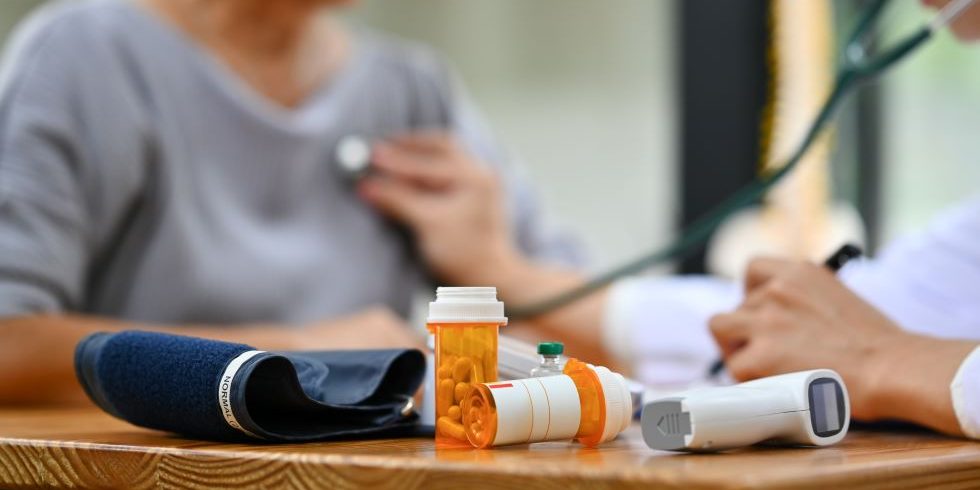
Taking control of your blood pressure is a journey that, while challenging, leads to a healthier and happier life. Many people deal with hypertension, and, fortunately, there are effective medications available to help manage it. If you’re experiencing symptoms like headaches or are simply concerned about your long-term health, understanding the treatment options available in Singapore is key to empowering your wellness.
Let’s dive into this guide to discover how hypertension medications can support you in achieving balanced blood pressure, the different types of treatments, and the benefits they offer. With the right approach, you can take charge of your health and live a fuller, more energetic life.
Understanding Hypertension
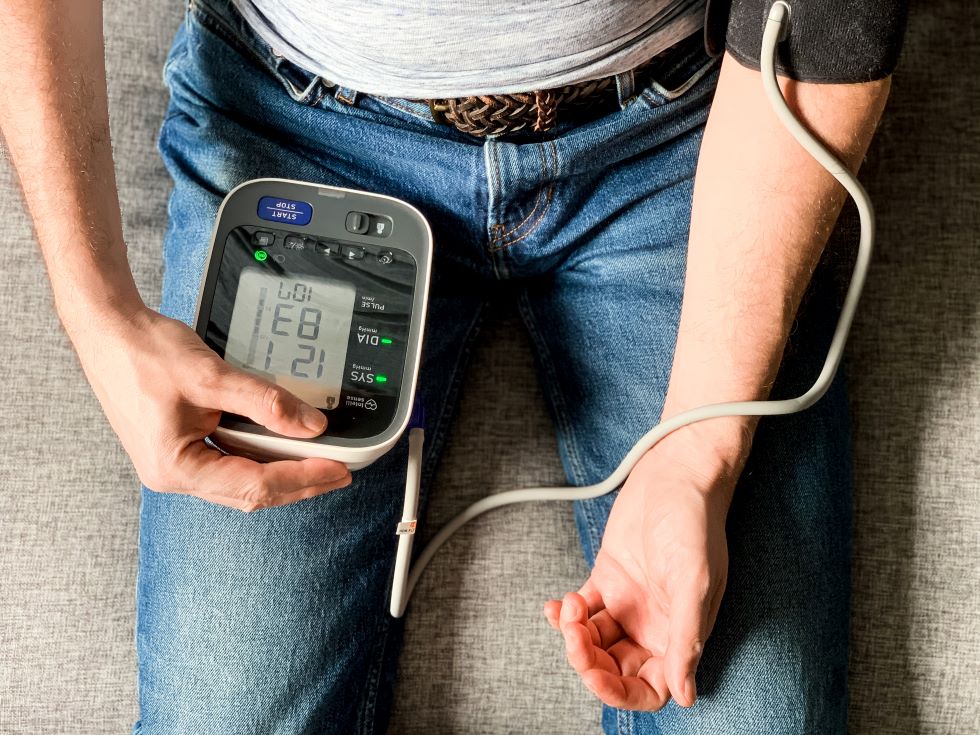
Hypertension, often known as high blood pressure, is where the force of blood against your artery walls is consistently too high. Despite being known as the “silent killer,” since it often presents without clear symptoms, it poses serious risks, including heart disease, stroke, and kidney issues if left untreated.
Blood Pressure Basics
Blood pressure is measured in mm Hg, with two numbers:
- Systolic Pressure: Pressure when your heart pumps blood.
- Diastolic Pressure: Pressure when your heart rests.
A typical healthy reading is below 120/80 mm Hg, while readings above this range could indicate either Primary Hypertension (gradual onset over years) or Secondary Hypertension (arising from underlying conditions).
The Hidden Risks of Ignoring Hypertension
Without proper management, high blood pressure can lead to artery damage, making them less elastic and restricting blood flow. This adds to the risk of severe health issues like:
- Heart disease
- Stroke
- Kidney failure
- Vision loss
But there’s good news: making lifestyle changes, and taking prescribed medications, can make a real difference. The combination of a balanced diet, exercise, and, when necessary, hypertension medications can help you maintain steady blood pressure.
How Hypertension Medications Work
Hypertension medications are a valuable addition to lifestyle changes. Think of them as tools that complement your daily habits to keep your blood pressure at safe levels. They work by reducing blood volume, relaxing blood vessels, or regulating heartbeat, creating a multifaceted approach to lowering blood pressure and protecting your health.
Here’s a look at some popular hypertension medications prescribed in Singapore:
Exforge
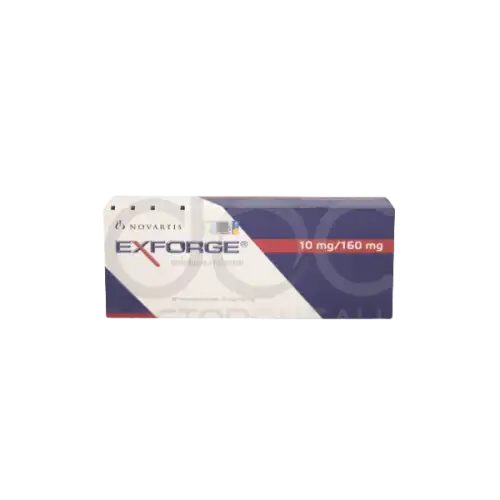
Exforge 10/160mg Tablet 14s (Strip)
SGD $15.58
1902 people have already bought this
A dual-action medication, Exforge combines Amlodipine (a calcium channel blocker) and Valsartan (an ARB), which work together to relax blood vessels. This combination is particularly helpful if single medications aren’t effective enough alone. Amlodipine allows easier blood flow, while Valsartan keeps blood vessels open by blocking certain chemicals. Exforge can simplify treatment, as it’s tailored for those already needing both medications.
Concor
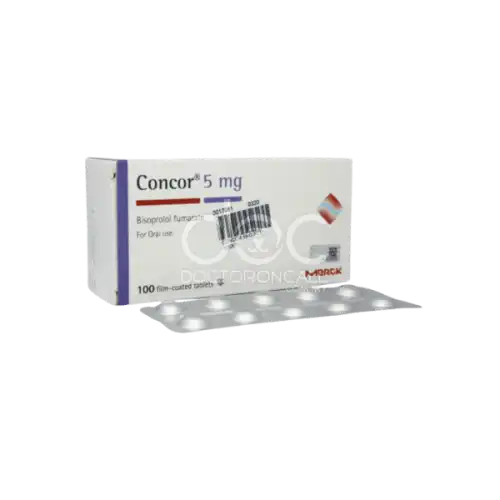
Concor 5mg Tablet 100s (Box)
SGD $54.10
3114 people have already bought this
Concor (Bisoprolol) belongs to the beta-blocker family and can be a lifesaver for people with hypertension combined with heart issues. It reduces the heart’s workload by slowing the heart rate, which lowers blood pressure. Concor is often a go-to option for those with cardiovascular conditions, though it may not be suitable for people with respiratory issues like asthma.
Twynsta
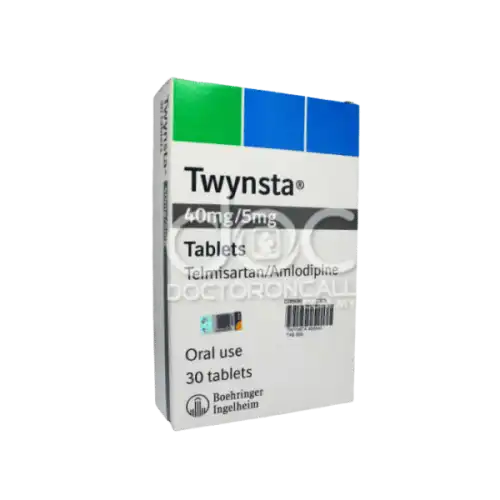
Twynsta 40/5mg Tablet 30s (Box)
SGD $20.46
1789 people have already bought this
Another combination medication, Twynsta includes Telmisartan (an ARB) and Amlodipine. Together, these ingredients lower blood pressure by preventing blood vessels from tightening and easing blood flow. Twynsta’s dual action is beneficial for those who need multiple medications, as it combines two therapies in one, often leading to better adherence and outcomes.
Micardis
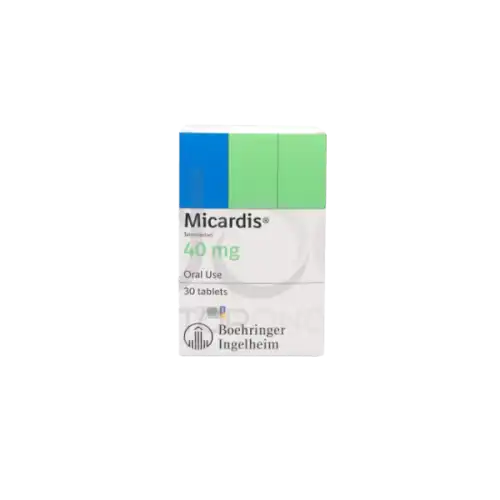
Micardis 40mg Tablet 10s (Strip)
SGD $9.09
2096 people have already bought this
Containing Telmisartan, Micardis blocks the effects of angiotensin II, a hormone that narrows blood vessels. By keeping vessels open, Micardis lowers blood pressure and eases the heart’s workload. It’s commonly recommended for those at higher risk of cardiovascular events and offers fewer side effects than some alternatives, making it ideal for long-term use.
Choosing the Right Medication for You
Selecting the right hypertension medication is a process tailored to your specific health profile. Here are some factors doctors consider:
- Health History: If you have a history of heart or kidney issues, the chosen medication will be aligned with these needs.
- Other Medications: Ensuring compatibility with other drugs is essential to avoid adverse interactions.
- Side Effects: Different medications may cause side effects like dizziness or fatigue, so your doctor will guide you to the option that fits your lifestyle best.
For example, Concor might not suit people with asthma, while combination medications like Exforge and Twynsta offer multitargeted control in one convenient dose.
Final Thoughts
Managing hypertension is a long-term commitment, but it doesn’t have to feel like a burden. With the right mix of lifestyle adjustments and medication, you’re equipped to take control of your health and reduce your risk of serious complications. In Singapore, popular medications like Exforge, Concor, Twynsta, and Micardis offer reliable options for blood pressure management. Remember to work closely with your doctor to find the best fit for you.
With commitment and the right treatment, you can live a vibrant, healthy life without letting hypertension hold you back.
Disclaimer: This article is for informational purposes and should not replace professional medical advice. Always consult your healthcare provider for personalized care.
References
- National Heart Foundation of Australia | Hypertension | https://www.heartfoundation.org.au | Accessed on October 22, 2024
- Singapore Ministry of Health | Hypertension | https://www.moh.gov.sg | Accessed on October 22, 2024
- American Heart Association | Understanding Blood Pressure Readings | https://tinyurl.com/5n8tchme | Accessed on October 22, 2024
- Mayo Clinic | High blood pressure (hypertension) | https://tinyurl.com/yykh282r | Accessed on October 22, 2024
- National Institute for Health and Care Excellence (NICE) | Hypertension in adults: diagnosis and management | https://www.nice.org.uk/guidance/ng136 | Accessed on October 22, 2024
- Kota V, Kumar S, Wanjari AK, Acharya S | Lifestyle modification and nutrition in preventing prehypertension and hypertension – Narrative review | https://tinyurl.com/2kcva9tw | Accessed on October 22, 2024
- World Health Organization (WHO) | Hypertension | https://tinyurl.com/5x2mwrry | Accessed on October 22, 2024
- British Hypertension Society | Hypertension: A Guide for Patients | https://www.bhsoc.org | Accessed on October 22, 2024
- Health Hub Singapore | Understanding Hypertension | https://www.healthhub.sg | Accessed on October 22, 2024
- PubMed Central | Hypertension Medications | https://www.ncbi.nlm.nih.gov/pmc/ | Accessed on October 22, 2024
FAQ
The best medication to control blood pressure depends on individual health needs, but common options include ACE inhibitors (e.g., enalapril), calcium channel blockers (e.g., amlodipine), diuretics (e.g., hydrochlorothiazide), and ARBs (e.g., losartan). Your doctor will determine the best treatment based on your specific condition.
The new blood pressure guidelines recommend that normal blood pressure is below 120/80 mm Hg. Blood pressure is classified as follows:
- Elevated: 120-129/less than 80 mm Hg
- Hypertension Stage 1: 130-139/80-89 mm Hg
- Hypertension Stage 2: 140+/90+ mm Hg
For those with high blood pressure, lifestyle changes and medication may be recommended. Always consult your doctor for personalized advice.
In Singapore, normal blood pressure is generally considered to be below 120/80 mm Hg. Readings consistently higher may indicate elevated blood pressure or hypertension, which should be monitored and managed with lifestyle changes or medication, as advised by a healthcare provider.
A blood pressure of 140/90 mm Hg is considered high and falls under Stage 2 hypertension. It’s important to monitor and manage high blood pressure with lifestyle changes or medication, as it can increase the risk of heart disease, stroke, and other health issues. It’s advisable to consult a doctor for proper treatment.
The safest high blood pressure medications are typically ACE inhibitors (e.g., enalapril), ARBs (e.g., losartan), and calcium channel blockers (e.g., amlodipine). These are generally well-tolerated with fewer side effects, but the best option depends on individual health conditions. Always consult a doctor for personalized recommendations.
A blood pressure reading of 150/80 mm Hg indicates Stage 1 hypertension (for the systolic value of 150). While the diastolic value (80) is normal, the high systolic reading means you should take action. It’s important to monitor your blood pressure and consult a doctor for guidance on lifestyle changes or medication to manage it.
Yes, coffee can temporarily raise blood pressure due to its caffeine content, which stimulates the heart and narrows blood vessels. However, the effect is usually short-term, and regular coffee drinkers may develop a tolerance. If you have high blood pressure, it’s best to monitor your intake and consult your doctor.
The best drink in the morning for high blood pressure is water, as staying hydrated is important for overall heart health. Additionally, drinks like unsweetened herbal teas (e.g., hibiscus tea) and low-fat milk may help support healthy blood pressure levels. Avoid caffeinated drinks, as they can raise blood pressure temporarily. Always consult your doctor for personalized advice.
The number one fruit to help lower blood pressure is bananas. They are rich in potassium, which helps balance sodium levels in the body and relax blood vessel walls, contributing to lower blood pressure. Eating bananas regularly as part of a balanced diet can support healthy blood pressure.
Yes, you can drink green tea if you have high blood pressure. It contains antioxidants and catechins that may help lower blood pressure over time. However, it’s important to limit caffeine intake, as it can temporarily raise blood pressure in some people. Always check with your doctor for personalized advice.












